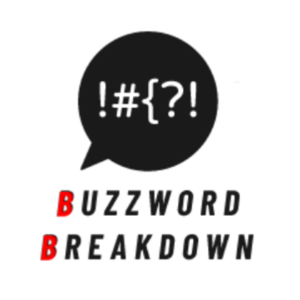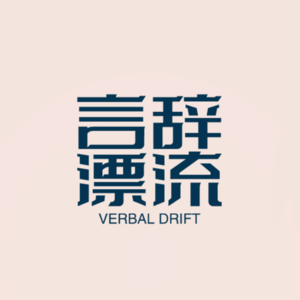Hello, digital explorers! Welcome back to another episode of 'Buzzword Breakdown Podcast'. I'm your host, Ken, here to unravel the complex world of internet slang.
Today's buzzword is 'knowledge payment'. In the realm of the internet, 'knowledge payment' refers to the phenomenon where knowledge consumers pay for the content or information they consume.
In English, this concept closely aligns with 'paid content'. Paid content is the material, digital or otherwise, that consumers access by paying a fee. For example, subscribing to a digital newspaper, enrolling in an online course, or paying for an eBook could all fall under the umbrella of 'paid content'.
But let's delve a bit deeper. Another term related to 'knowledge payment' is 'knowledge monetization'. This term, while closely related to paid content, has a slightly different connotation. Knowledge monetization often refers to the process through which knowledge creators or holders generate income from their knowledge assets. It emphasizes the perspective of the content creators.
So while 'paid content' focuses on the user perspective of paying to access certain content, 'knowledge monetization' puts the spotlight on how creators can monetize their knowledge. Both these phrases offer different perspectives on the same core concept of 'knowledge payment'.
As always, we don't stop at just the buzzword. Let's look at a related term. Have you ever heard of a 'paywall'? It's a method of restricting access to content, especially news, via a paid subscription. It's commonly used by online newspapers and magazines. Ever clicked on an article only to be told you need to subscribe to read more? That's a paywall. It's a practical example of paid content and a concrete representation of 'knowledge payment' in action.
And there you have it, 'knowledge payment', a testament to the value of knowledge in the digital age. Remember, these buzzwords are not just trendy phrases but reflect evolving trends and mindsets.



 6
6 0
0